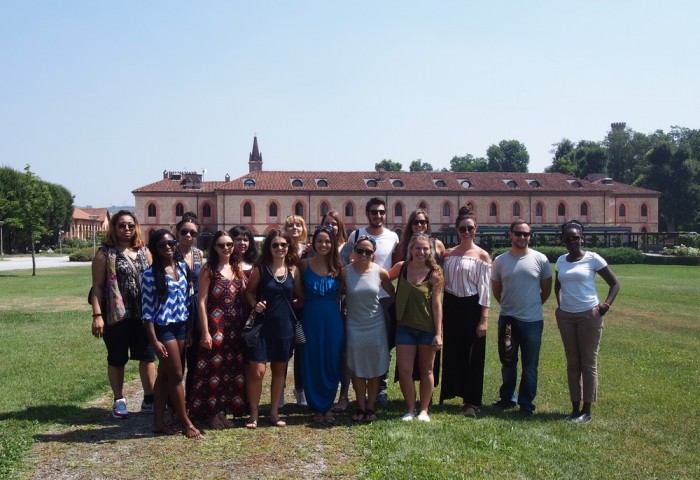It’s challenging to manage a remote team of any size. Now try to imagine what it’s like to coordinate the efforts of 2000+ partners spread across more than 100 countries. That’s what the folks at IT services company Crossover manage to accomplish on a daily basis.
Rukma Sen, Crossover’s Head of Global Marketing, took the time to tell us how they manage their playbook and stay in the game.
What does Crossover do, in a nutshell?
Crossover provides software services through a combination of people, playbooks, and productivity. We find the best teams in the world, equip them with strategies that are proven to work and set them up for success with our productivity platform. Our clients include Lykke Corporation, Upland Software, and CrazyEgg among others.
Tell us about yourself. How did you get involved with Crossover?
I currently run global marketing for Crossover and have been here for two years. I started out as an Account Manager, and have managed a performance analytics team. I have two great interests—data and stories—and Crossover’s allowed me to combine both in all my roles. Some, of course, would say they’re the same thing!
What percent of your company regularly works remotely?
100 percent. We’re literally all over the map. As part of our office in the cloud platform, all team members see a world map that shows us where our colleagues are working from. It’s an artifact of great pride for all of us to see how widely we have spread!
What’s the importance of location independence for your company?
Crucial. Talent has no zip code. We’re interested in building the best teams in the world. Not in a city, or a state, or a country, but in the world. To engage with world-class talent, you have to look around the world.
Did you start with the intention of having a distributed team? If not, when did you decide to support people working remotely?
Story Time: An Indian engineer recently published an article about Ruby on Rails in Today Software Magazine, Romania’s premier IT publication. His manager, who is Romanian, mentored him through the process. This is what we do—we connect jobs with talent, we connect promising young stars with expert mentors, we connect people and we connect ideas. So I’d say that yes, we started with a vision of location-independent, deeply connected teams. We believe it’s the future of work.
What types of places do your teammates choose to work from when remote?
Personally, I enjoy coffee shops. The ambient chatter and promise of caffeine boost my productivity. On our Facebook page, our team shares some of the more exciting places they’ve worked at—beaches, forests, and snow-covered mountains. All that matters is reliable WiFi. Crossover also has coworking spaces in our hub cities. We have WeWork memberships in Austin and San Francisco and are finalizing a few more in Cluj, Porto-Alegre, Sao Paulo and Hangzhou.
What qualities do you look for when hiring for a distributed team?
My top one is a dedication to continual improvement. I’m always looking for someone who believes they can get 1 percent better than they were yesterday. If you hold this belief, it suffuses your attitude to all aspects of your work. You become self-motivated, you think of failure in terms of learnings, you think of your team as collaborators on your journey, you think of your manager as a mentor and a sounding board.
Communication can be a challenge for remote teams. How do you keep your teammates connected and on the same page?
We use a combination of network tools to stay in touch, Google apps, Skype, Slack, and Ryver are all on our list. But we’re big fans of Deep Work at Crossover, so there’s no 24-hour pressure to be online. It’s expected that your colleague halfway across the world may be asleep when you ping them and will respond when they’re able. We respect the calendar!
What are the keys to good remote team management?
Data! We’re big fans of the Toyota management philosophy and believe in “walking the factory floor” with our teams to identify process innovations and improvements. Our office-in-the-cloud platform empowers us to do this and a lot more, which I’d be happy to discuss with anyone interested in how we’re creating the workplace of the future.
What are your thoughts on Workfrom’s role in the way work is getting done—now and in the future?
We believe it serves a crucial function in empowering digital nomads and remote workers find optimal workspaces across the world. It’s an integral part of the remote worker toolkit. So far, I’ve used it in London, New York, Austin, and Mumbai, and the crowd-sourced reviews have always been accurate and informative.



Responses